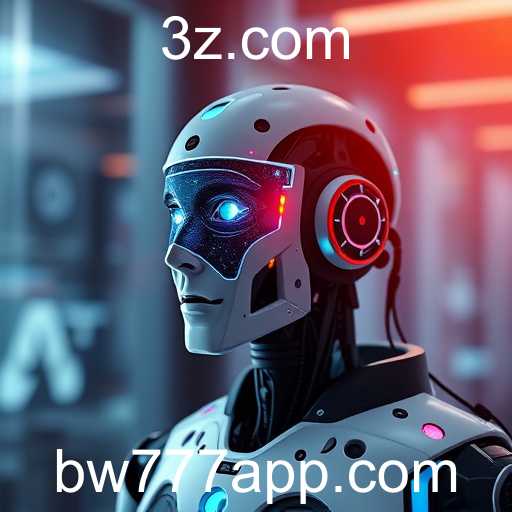
AI Integration in Modern Workplaces

As 2025 unfolds, the integration of artificial intelligence (AI) in workplaces is reshaping the landscape of professional environments across the globe. This technological revolution is not only enhancing productivity but also transforming the nature of work as we know it.
Companies are increasingly adopting AI-driven solutions to automate repetitive tasks, allowing human employees to focus on more complex and creative projects. This shift is fostering a more dynamic and engaging work environment. From chatbots handling customer service inquiries to AI algorithms optimizing logistical operations, the efficiency gains are substantial.
In addition to operational improvements, AI is playing a crucial role in workforce management. Advanced data analytics allow companies to monitor employee performance in real-time, offering insights that lead to more personalized and effective training programs. Moreover, AI's predictive capabilities are being utilized to assess future trends and strategize accordingly, keeping businesses ahead of the curve.
However, the rise of AI in the workplace is not without its controversies. Concerns over job displacement and privacy issues continue to spark debate. Organizations are tasked with balancing the benefits of AI with the ethical implications of its deployment. There is a growing demand for regulations to ensure that AI technologies are implemented responsibly and transparently.
Insights from industry experts suggest that AI will continue to evolve, taking on roles that were previously deemed as exclusively human. The challenge for businesses is to integrate these advanced systems in a manner that complements human input, rather than replacing it.
As industries adapt to these changes, the skills required of the modern workforce are evolving. There is a significant emphasis on developing digital literacy and understanding AI technologies. Educational institutions and professional training programs are responding to this demand by incorporating AI-related courses into their curriculums.
In conclusion, the integration of AI into workplaces is a multifaceted process that offers numerous advantages and poses certain challenges. As we navigate 2025, the key lies in harnessing AI to augment human capabilities, ensuring that technological progress leads to inclusive and sustainable growth.
The Evolution of Online Gaming Platforms
A comprehensive exploration of how online gaming platforms have evolved, focusing on sites like bw777 and their impact on the industry.
The Rise of Gaming in 2025: A Focus on bw777
Exploring the impact of gaming in 2025, with a spotlight on bw777's role in the industry.
Rise of Online Gaming Communities in 2025
Exploring the impact and expansion of online gaming communities through platforms like BW777 in 2025.
 Skip to content
Skip to content





